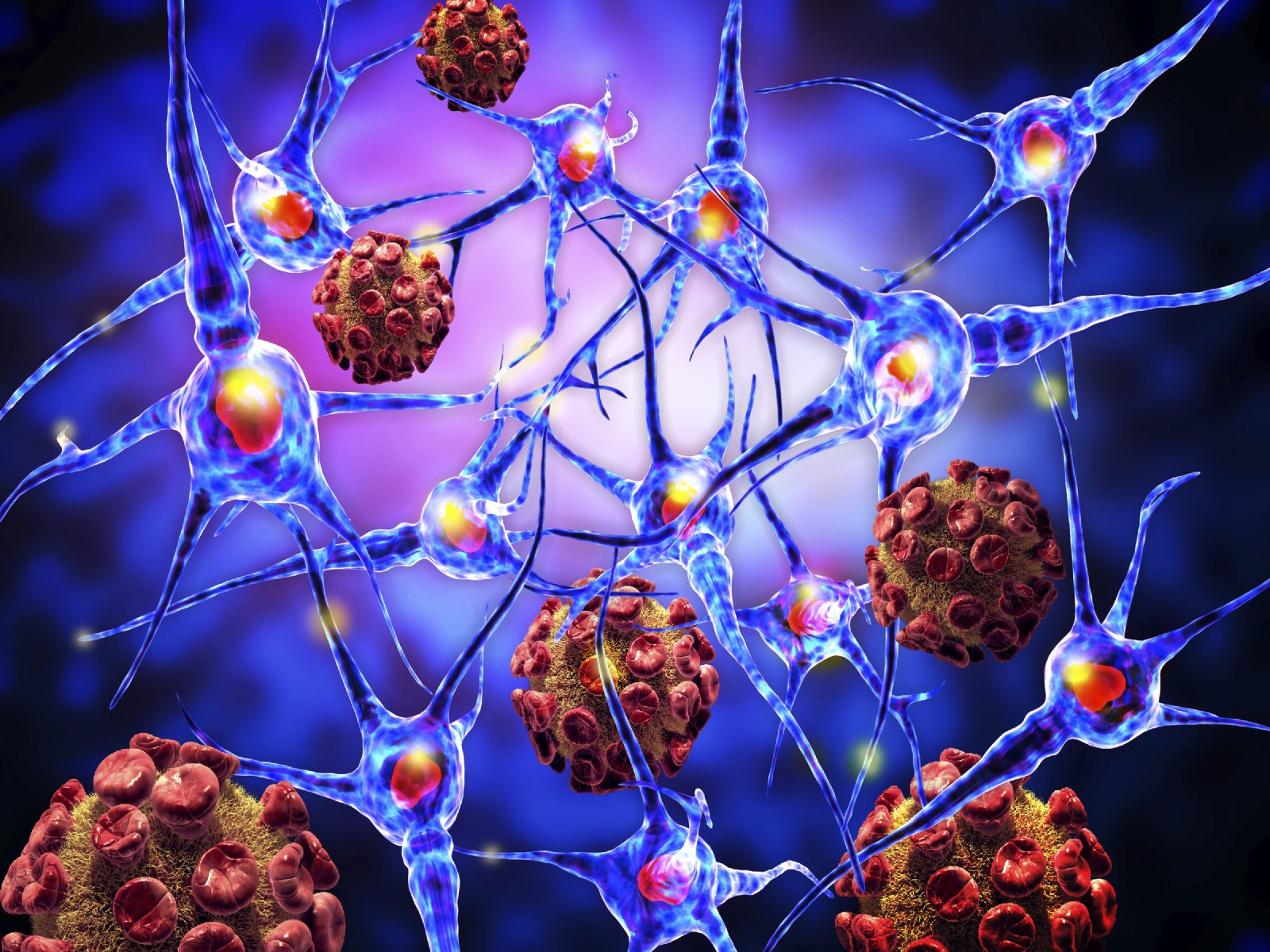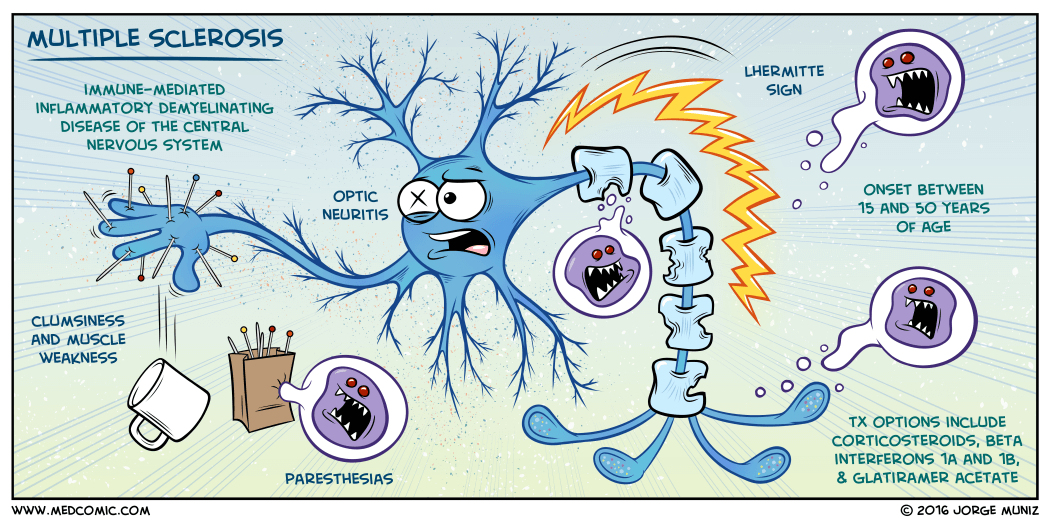Testosterone-induced Molecule Could Explain Why Men are Better Guarded against MS
The cellular and molecular basis of sex-dimorphic autoimmune diseases, such as the CNS demyelinating disease multiple sclerosis (MS), remains unclear.
Women are much more likely to develop autoimmune diseases, such as systemic lupus erythematous, rheumatoid arthritis, and multiple sclerosis. Sex hormones, including estrogen and testosterone, clearly influence disease susceptibility, but the precise cellular and molecular targets of these hormones have remained unexplained.
While most studies have focused on what causes the damaging inflammation in females, there is also much to be learned by studying the factors that confer protection to males.
Now however, scientists at the Northwestern University identified a testosterone-driven pathway mediated by mast cell-dependent IL-33 expression that limits the development of a destructive immune response in males; thereby specifying why men are better protected from this autoimmune disorder.
“This suggests a mechanism for the reduced incidence of multiple sclerosis and other autoimmune diseases in males compared to females,” said lead study author Melissa Brown, PhD, professor of Microbiology-Immunology. “These findings could lead to an entirely new kind of therapy for MS, which we greatly need.”
In MS, immune cells attack the myelin sheath, a membrane that wraps around the
nerve axons within the brain and spinal cord. The sheath acts as insulation and assists in sending nerve signals from the brain and spinal cord to the rest of the body. The damage to the myelin sheath interrupts normal nerve signal conduction and can result in a variety of symptoms including sensory disturbances, loss of motor function and cognitive deficits.In the new Northwestern study the researchers found that, in male mice, testosterone was resulting in the production of a molecule called cytokine IL-33, which was seen to trigger a pathway that prevented the production of Th17. When the researchers treated female mice with IL-33 the damaging effect of Th17 on the myelin sheath was effectively reversed.
“Because testosterone levels are seven-to-eight times lower in adult women compared to men, we speculate there are insufficient levels in females to activate this protective pathway,” says Brown, lead author on the study. “But we showed we can activate the pathway with the guardian molecule, IL-33.”
The researchers also found that women tend to develop MS at a younger age and have a relapsing-remitting course of the disease. On the other hand, men tend to develop the disease later in life and it usually worsens without a period of improvement. The timing of the disease development in men also correlates with age-related reduction of testosterone levels.
The hope Northwestern researchers now have is that discovering this new specific pathway will allow more targeted therapies to be developed. It’s also suggested that this testosterone-driven protective pathway could be a culprit in other autoimmune diseases that are seen more prominently in women over men.
“Our findings have identified new and more specific cellular and molecular targets for immune intervention that we hope will lead to better therapies that leave most of the immune system intact,” Brown said. “This testosterone-driven protective pathway should also be studied in other female-biased autoimmune diseases.”




























